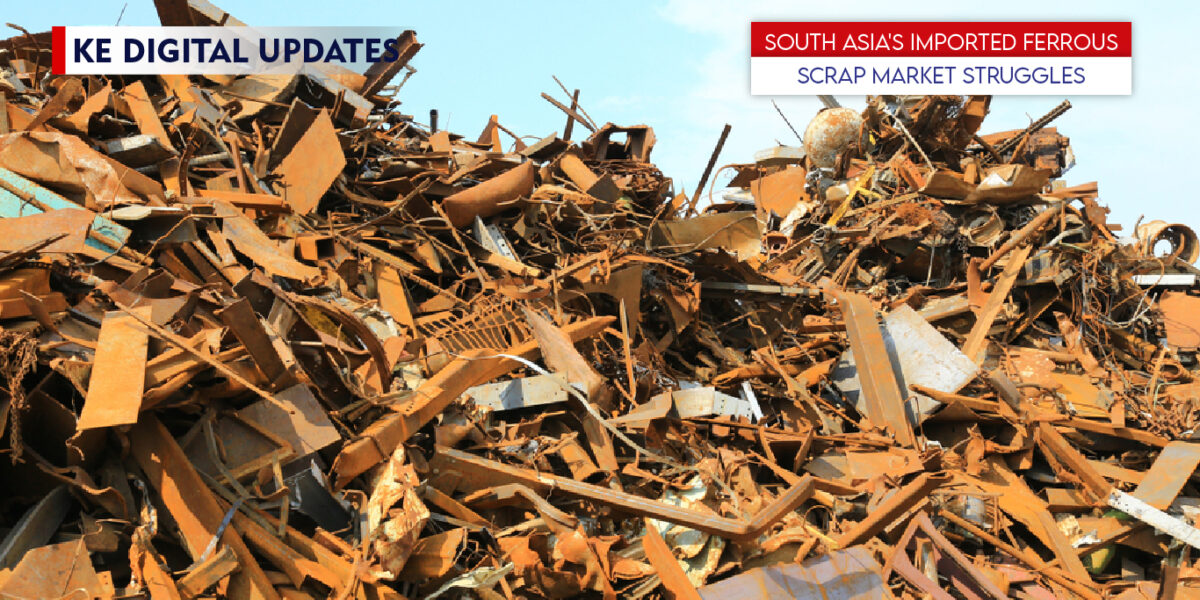Published on November 26, 2024
Overview
South Asia’s ferrous scrap market is facing significant challenges due to subdued demand and various market pressures. As key regional players, India and Pakistan are experiencing low purchasing interest, weak steel market performance, and ongoing bid-offer mismatches. These factors have collectively contributed to a sluggish scrap import market.
India’s Market Under Pressure
India’s imported scrap market has been under considerable pressure, primarily due to the weak steel market. The demand for steel in India has not met expectations, reducing purchasing interest for imported scrap metal. This has resulted in ongoing bid-offer mismatches, where buyers and sellers struggle to agree on pricing, further complicating market transactions.
Price Dynamics
Prices for shredded scrap of UK provenance have been indicative of the broader market trends. As of the latest assessments, the value of shredded scrap at Nhava Sheva port was pegged at $385 per ton CFR (Cost and Freight), a slight decrease of $1 per ton from the previous closure. This marginal decline in prices reflects the cautious sentiment prevailing in the market.
Pakistan’s Modest Demand
In Pakistan, the demand for imported scrap has remained modest. While there has been a slight uptick in local steel sales, the rebound has not been as robust as anticipated. The market conditions in Pakistan mirror those in India, with low demand and minimal purchasing activity.
Stable Price Indications
Despite the overall market struggles, the price indications for shredded scrap of UK provenance in Pakistan have remained steady at $387 per ton CFR. This stability suggests that while demand is low, the market has not seen significant volatility in pricing.
Factors Influencing the Market
Several factors are contributing to the current state of the scrap import market in South Asia:
- Weak Steel Demand: The primary driver is the weak demand for steel in both India and Pakistan. Construction and infrastructure projects, major steel consumers, have not ramped up as expected, leading to reduced demand for raw materials like scrap metal.
- Economic Uncertainty: Economic challenges, including inflation and currency fluctuations, have also dampened market sentiment. Buyers are cautious, and financial constraints are limiting purchasing power.
- Bid-Offer Mismatches: Persistent mismatches between buyer bids and seller offers have hindered transactions. These discrepancies are often a result of differing market expectations and the cautious approach adopted by market participants.
Outlook
The outlook for the imported ferrous scrap market in South Asia remains uncertain. While there are hopes for a recovery in steel demand driven by infrastructural developments and economic stabilization, the immediate future is expected to be challenging. Market participants must navigate these difficult conditions by closely monitoring price trends, adjusting their strategies, and maintaining flexibility in their operations.


